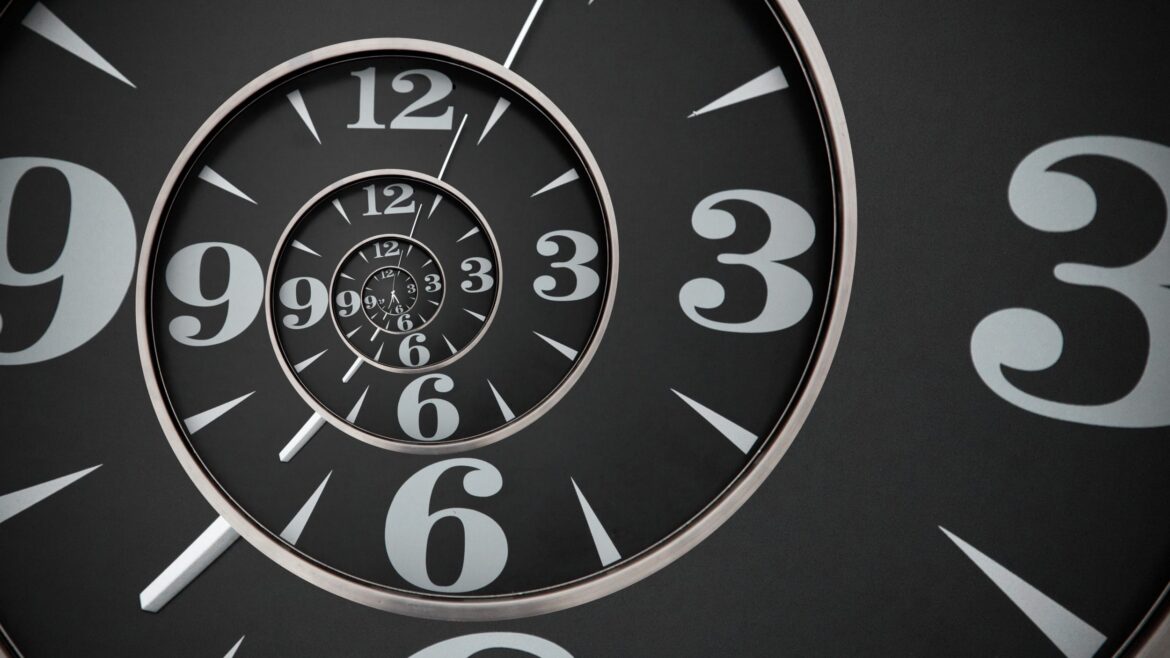1K
Time is relative: It expands or contracts depending on the motion or position of an observer and is not a universal flow.
Time is relative – not absolute
That time is “relative” means that it is not absolute or the same for all observers. This is a core principle of Albert Einstein’s special theory of relativity. This theory states that time “passes” at different rates depending on the speed of the observer or the strength of the gravitational field.
- Time dilation due to high speed: When an object moves very fast – close to the speed of light – time passes more slowly for that object compared to a stationary observer. A famous thought experiment that explains this is the twin paradox.
- One twin goes on a journey at almost the speed of light, while the other stays put. When the traveling twin returns, he is younger because less time has passed for him. This theory has been confirmed in experiments with atomic clocks in satellites and fast aircraft.
- Time dilation due to gravity: General relativity extends this principle and states that time is also influenced by gravity. In a strong gravitational field, time passes more slowly than in a weak gravitational field. For example, time passes more slowly near the surface of a massive object, such as a planet or a black hole, than far away from it.
- An observer on Earth experiences time as passing a little more slowly than an observer on a distant satellite. This has also been confirmed experimentally: atomic clocks on the Earth’s surface and at high altitude run at a slightly different speed.
Space-time as a four-dimensional continuum
According to Einstein, space and time are not separate, but form a single entity called space-time.
- Events in space-time can therefore be perceived differently depending on how the observer moves or where they are in the gravitational field. This four-dimensional structure means that there is no absolute “now” moment that applies to everyone.
- What is considered “simultaneous” by one observer does not necessarily have to be simultaneous for another. Time and space are therefore relative to the observer’s point of view and to movement in space.
- GPS-Satellites are a good example of the practical significance of the relativity of time. Since they are both fast moving (special relativity) and far away from the earth’s surface (general relativity), the seconds pass somewhat differently for them than for us on Earth. Without taking these effects into account, GPS navigation would lose several kilometers of accuracy every day.

